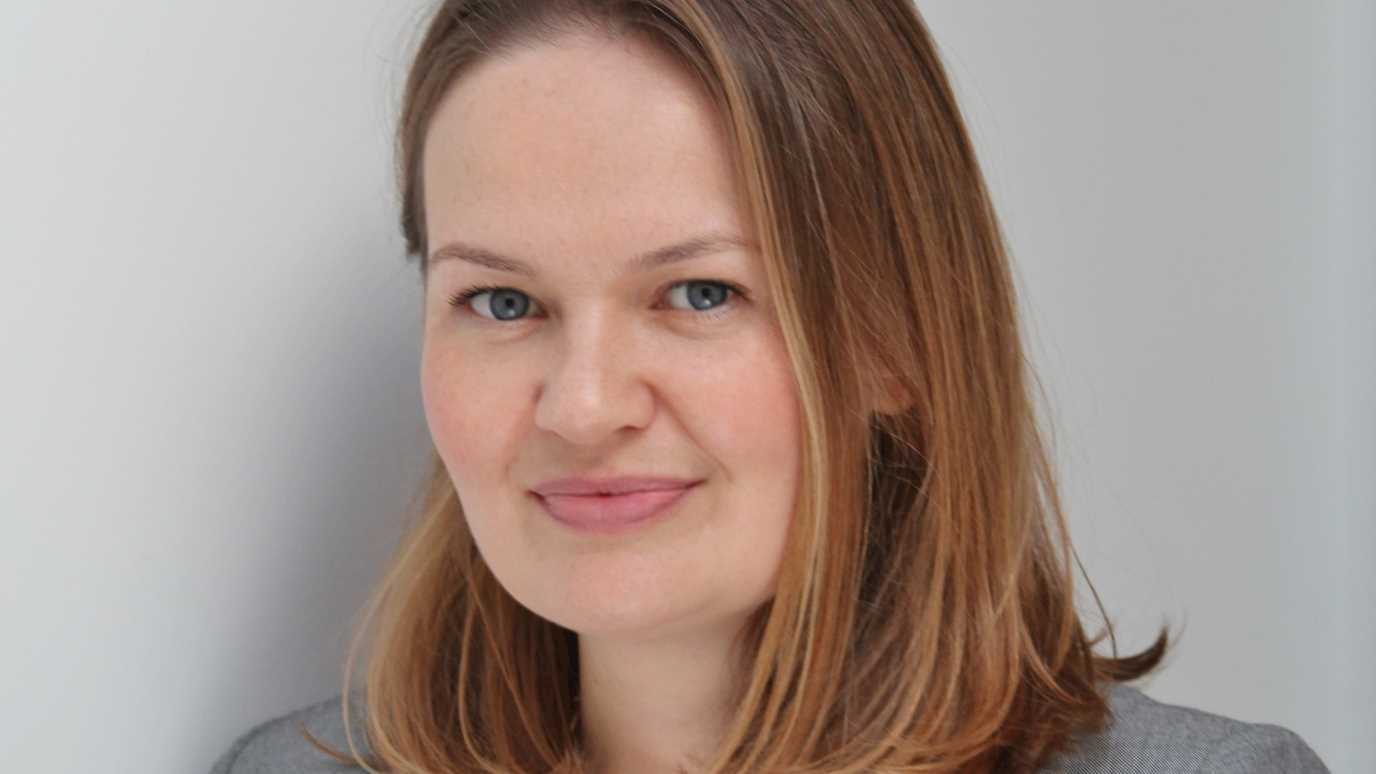Dr Eilidh Cage, Melissa Stock, Alex Sharpington, Emma Pitman and Rachel Batchelor from the Department of Psychology have recently published a journal article on student mental health. Mel, Alex, Emma and Rachel are BSc Psychology graduates (2018) who worked with Eilidh to develop a research project on student mental health during their final year at Royal Holloway.

Given the high prevalence of mental health difficulties in students, they wanted to examine what barriers may be preventing students from accessing the support they need. Possible barriers that were considered in the study included perceived public stigma, self-stigma, the impact of mental health on education, disclosure of mental distress, coping behaviours and current mental health functioning in terms of depression, anxiety and stress. Both help-seeking intentions (i.e. people saying that they intend to seek help) and actual help-seeking behaviours (i.e. actually going to see a professional about your mental health) were also considered.
376 students from across the UK took part, and over a half said that they had sought support for their mental health since being at university. One of the biggest barriers to accessing support was the self-stigma attached to seeking help, with increasing self-stigma decreasing the likelihood of seeking help. This supports previous research that suggests that self-stigmatising the act of help-seeking for mental health issues could link to feeling ashamed and demoralised, thus decreasing the likelihood of seeking help.
Those with a previous diagnosis and those who suspected an undiagnosed mental health condition were also more likely to access support since they had been at university. Further, as the impact of mental health issues on academic functioning increased, help-seeking intentions from formal sources, such as GPs and other professional services increased. They also noted that with greater depressive symptoms, students were less likely to seek help. These findings help us to understand the complex barriers students face in accessing support for their mental health.
You can read the article and find out about their findings in full here.
























